1989: Dead Poet’s Society or My Left Foot (Losing out to Driving Miss Daisy)
Driving Miss Daisy tenderly told the story of an aging, racist, white-woman and her African-American chauffeur. She realised the error of her ways and their conversations spark a silent respect for one another. Perhaps the academy jumped at such a metaphor regarding race-relations in America? In comparison to the heart-breaking Dead Poet’s Society (a sharp indictment of pressures within private education) and My Left Foot (an exceptional film starring an unrecognisable Daniel Day Lewis as Christy Brown, an Irish man with cerebral palsy), it’s simply a shame Hollywood didn’t consider tackling it’s approach to class and disability instead this year.
1994: Pulp Fiction (Losing out to Forrest Gump)
In a different year, Forrest Gump could win and be proud. But this was not the right year. Pulp Fiction has changed cinema forever. The immediate aftermath brought us Lock, Stock and Two Smoking Barrels, Amores Perros, Boogie Nights, and Go. Anything with a pop-culture, self-awareness owes a debt to the bold statement made by Tarantino. Forrest Gump led to The Curious Case of Benjamin Button, but it was hardly a game-changer for the whole of US cinema itself. Indie filmmakers would see in Tarantino as an inspiration – I doubt Gump has the same weight.
1998: Saving Private Ryan or The Thin Red Line (Losing out to Shakespeare in Love)
This was the year the Weinsteins proved how powerful they really are. War epics Saving Private Ryan and The Thin Red Line losing out to the twee Shakespeare in Love is a mystery. The Thin Red Line has Terence Malick on top-form with an outstanding cast. Comparatively, Spielberg directed an unforgettable film that remains a touch-point for filmmakers today. The explosive Omaha beach opening has impacted on countless films (including Flags of our Fathers and Edge of Tomorrow) with its masterful use of sound, editing and special effects. But alas, a fictional romance regarding the Bard won out.
2007: There Will Be Blood (Losing out to No Country for Old Men)
Paul Thomas Anderson’s masterpiece was facing off against the Coen Brother’s perfectly-balanced rural thriller. No Country for Old Men was the safer bet – Javier Bardem’s evil Chigurh, a Hitchcockian plot involving a bag of money and a man on the run. But There Will Be Blood was so grand. Daniel Day Lewis bullying his way into the oil industry and making a fortune. His drag-through-mud of Paul Dano’s preacher is unforgettable, while Dano ‘casting out’ the devil is critical of so much more than sin. This is the birth of American capitalism, not a whimsical yarn.
2014: Whiplash
It’s Boyhood this year. Then again, Birdman has already wowed the PGA. It’s all talk of everything but the ground-breaking, mesmerising Whiplash. Mark Kermode teased the idea that the dismissive “that’s not my tempo” will feed into our common-tongue, becoming shorthand for “you’re not quite good enough”. JK Simmons will nab Best Supporting Actor (or so he should), but the simplicity of a story told expertly is not what wins. Whiplash is the Little Miss Sunshine of 2014. Indie-success at Sundance and a cast that most don’t know. They’ll become stars after this – because it’s not winning that counts.

















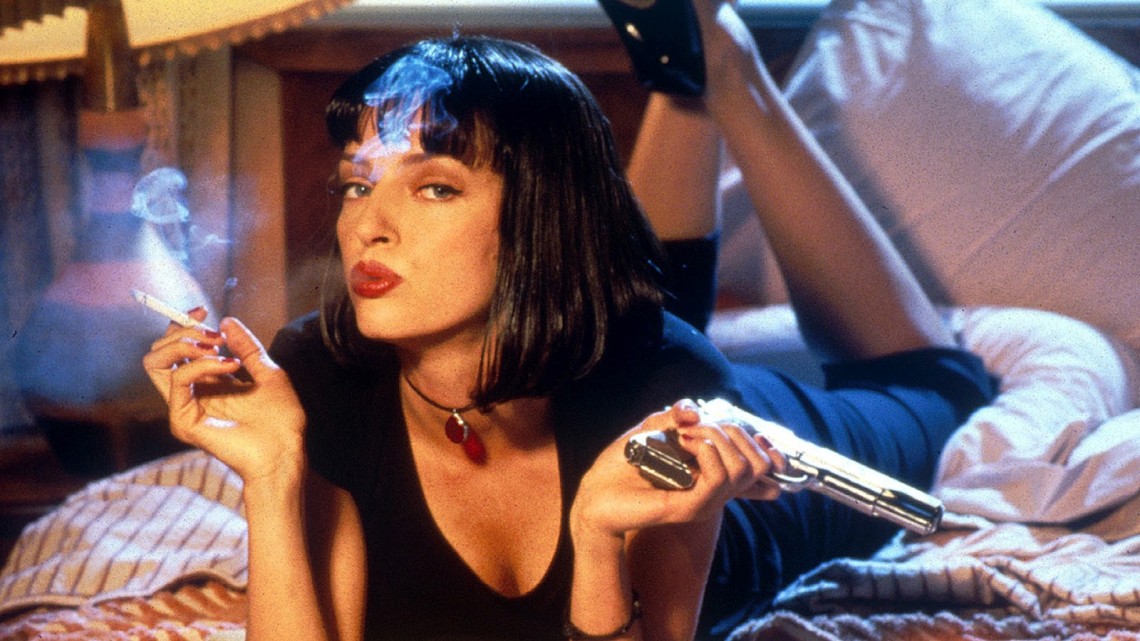
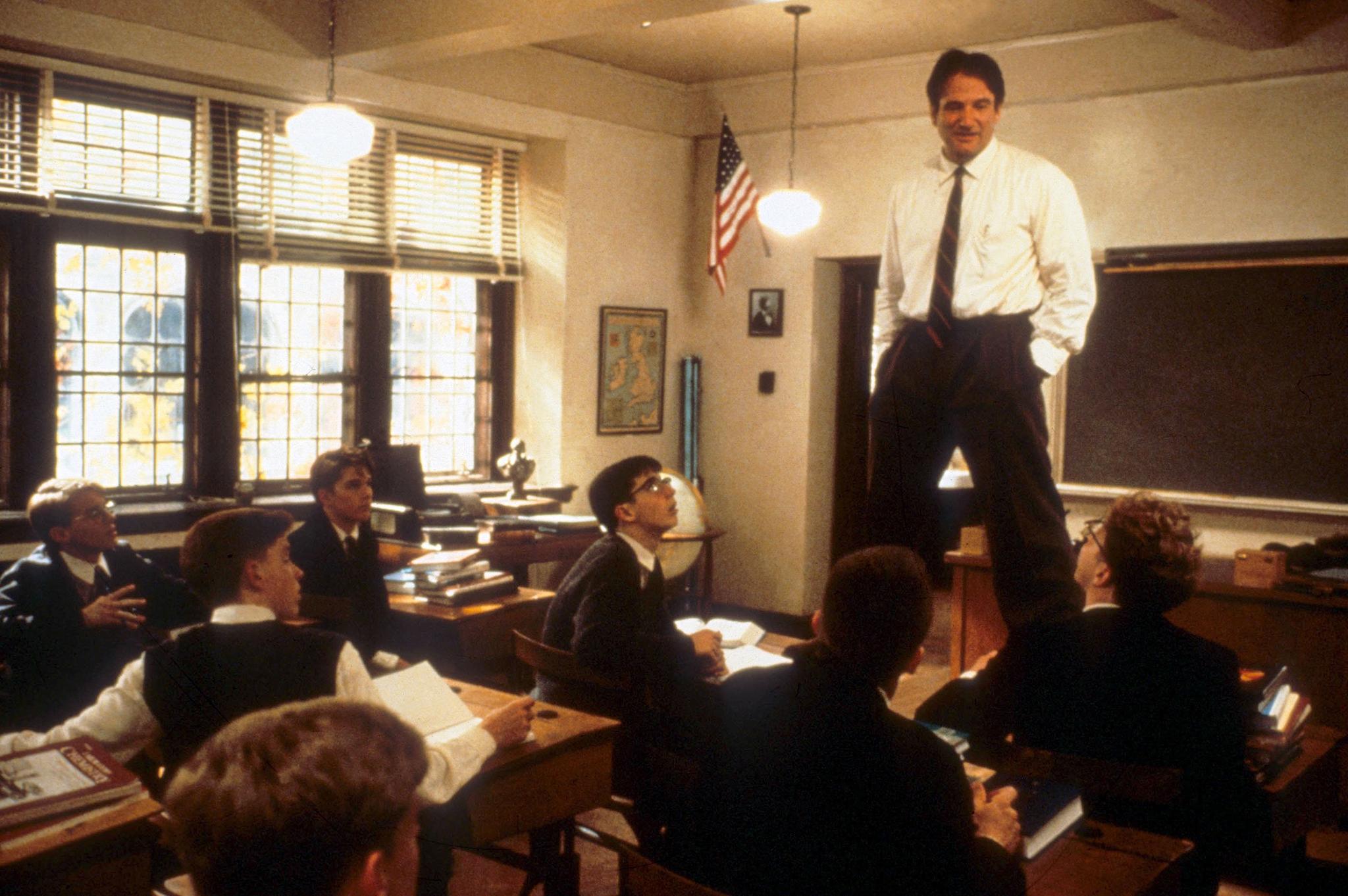
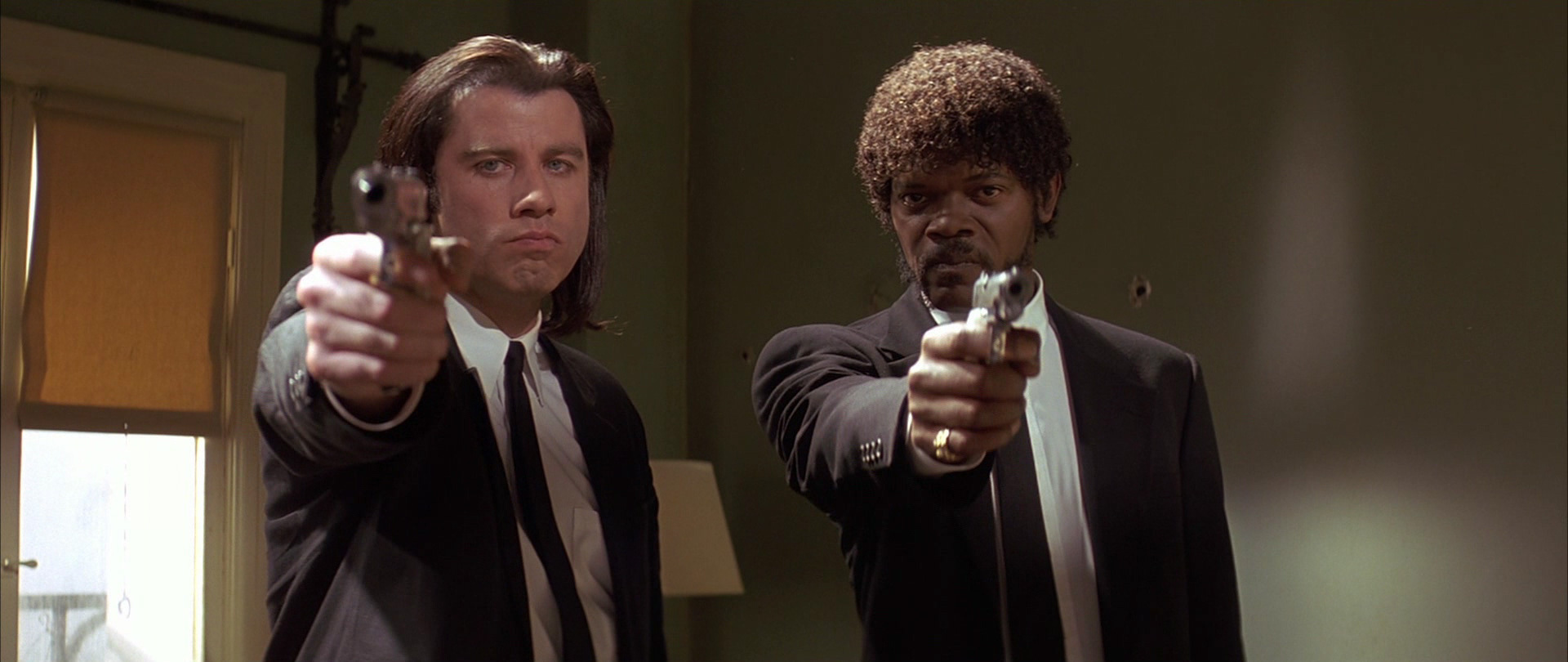

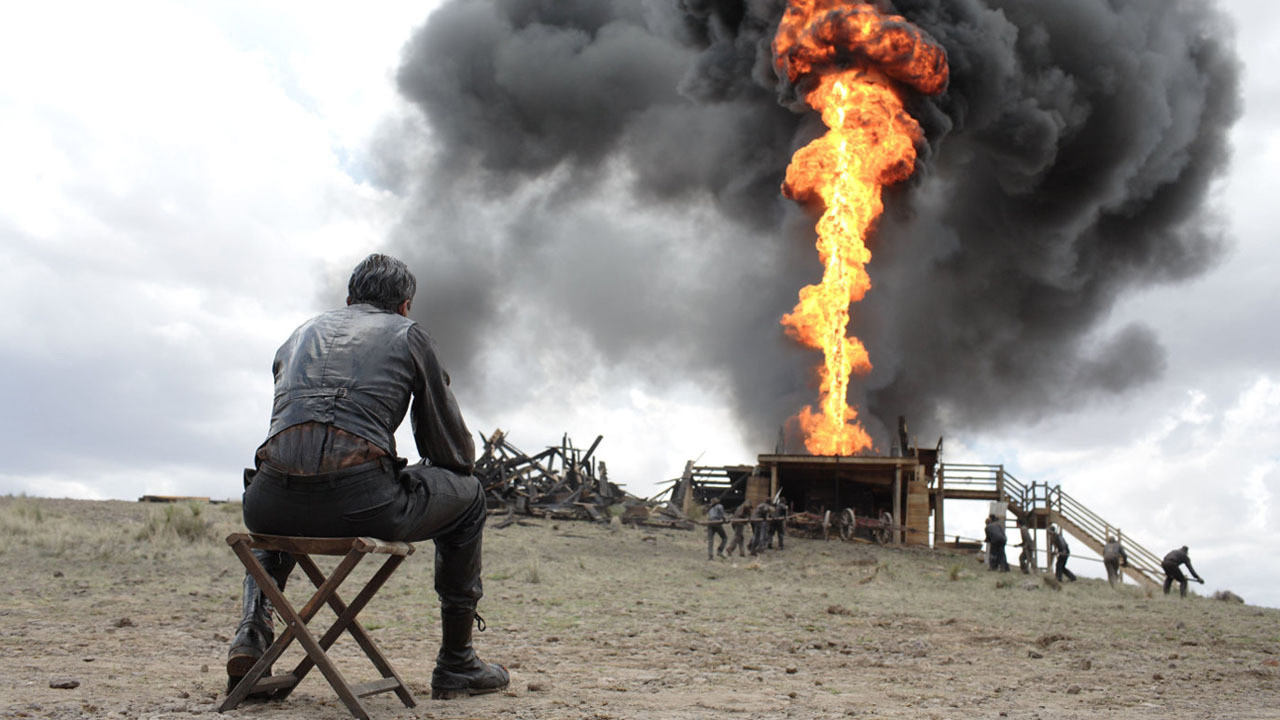

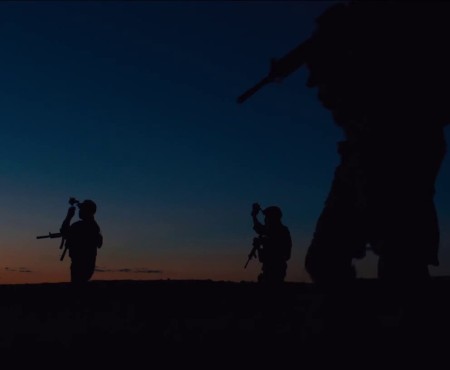
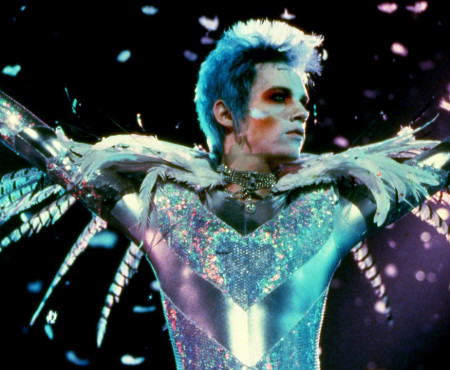

2 thoughts on “10 Best Picture Nominees That Should Have Won”
2003-Lost in Translation losing to Lord of the Rings: Return of the King.
I would have voted for “NetworK” to win the 1976 Best Picture, but then again, I haven’t seen Taxi Driver yet. “All the President’s Men” would have been a decent choice, too… what a strong bunch of nominations.